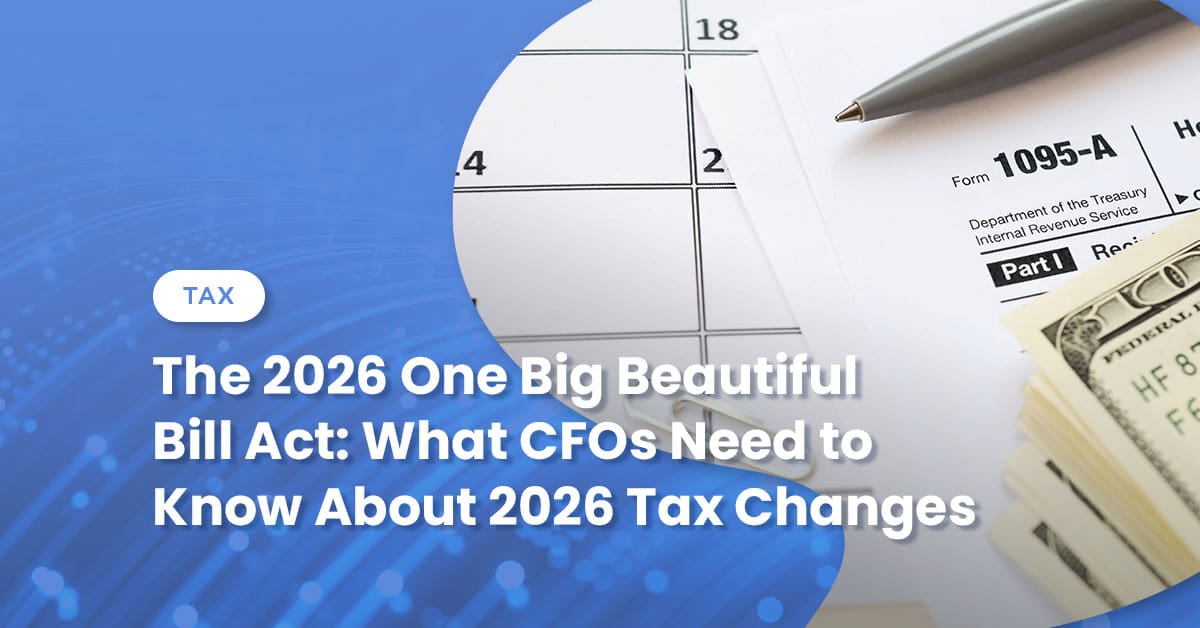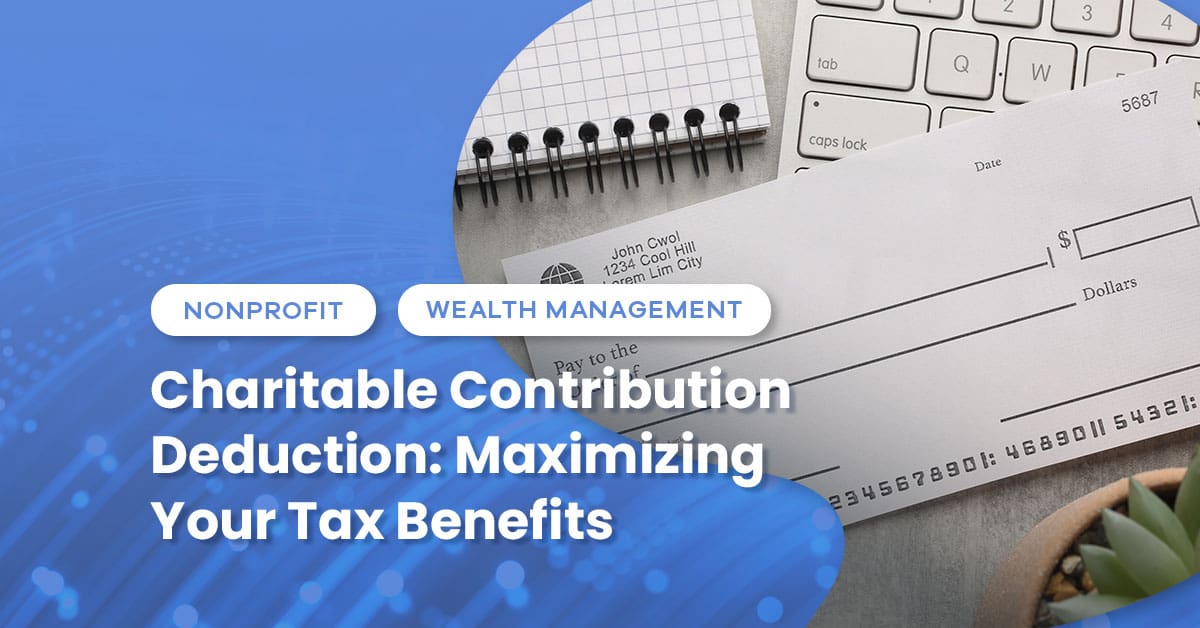When it comes to driving economic growth and revitalizing communities, New Jersey’s Payment in Lieu of Taxes (PILOT) Program stands as a significant catalyst. For business owners and real estate developers, understanding the NJ PILOT Program is essential to leveraging its benefits for both private and public interests. This blog dives deep into what the NJ PILOT Program is, the advantages it presents to redevelopers and municipalities, its current impact, and how Wiss can be a strategic partner in navigating its complexities.
What Is the NJ PILOT Program?
The NJ PILOT Program is a tax abatement initiative aimed at encouraging redevelopment in municipalities by providing financial incentives to developers. Instead of paying conventional property taxes, developers participating in the program make negotiated payments to the municipality, often lower than standard property tax rates. These payments are calculated based on a percentage of either project revenue or total project costs, rather than full property valuation.
The logic behind the PILOT Program is simple yet impactful – incentivizing redevelopment by reducing the tax burden during the early stages of a project’s life cycle, where financial risks and investments are at their peak.
Learn more about the eligibility and benefits of the NJ PILOT Program.
The Benefits of New Jersey PILOT Program for Redevelopers
Redevelopers find the PILOT Program particularly appealing due to its tangible financial benefits. Chief among these is the significant reduction in their tax liabilities during the initial phases of property development. With rising interest rates and construction costs, tax savings through PILOT agreements provide essential relief that offsets financial headwinds.
For example, consider a real estate developer converting an old industrial property into a modern logistics hub. The traditional property taxes might make the project financially unfeasible. However, with a PILOT agreement, the developer can reinvest these savings into construction, hiring, and other developmental activities.
Further, the program enhances project viability by keeping operational costs in check. This, in turn, enables developers to attract investors and secure financing more effectively. Essentially, the PILOT Program helps reduce barriers to entry and encourages investment in areas that need revitalization.
The NJ PILOT Program Benefits for Municipalities
While redevelopers benefit from lower costs, municipalities also stand to gain. PILOT agreements often generate revenue streams that can be directly reinvested in local infrastructure, schools, or community services.
One of the most significant advantages for municipalities is economic stimulation. Redeveloped areas often see increased property values, higher population density, and new businesses opening up, which contribute to a thriving local economy. Additionally, these payments under PILOT agreements remain entirely with the municipality, in contrast to regular property taxes, which are typically divided among county and state budgets.
By initiating redevelopment projects through PILOT incentives, municipalities can also address long-standing issues like neighborhood decline or underutilized industrial spaces, paving the way for long-term urban growth.
The Current Impact – A Post-COVID Perspective
The economic struggles brought on by the COVID-19 pandemic posed challenges to municipalities and developers alike. However, the PILOT Program emerged as a stabilizing force, particularly in the industrial real estate sector.
Post-pandemic, industrial real estate has experienced substantial growth, driven by e-commerce expansion and the need for modern logistics centers. Through PILOT agreements, developers have been able to mitigate the pressure from record-high construction costs and fluctuating interest rates, creating a much-needed boost to redevelopment efforts.
The program’s role in offsetting various economic risks means projects that otherwise might have stalled due to financial constraints were able to move forward. This has had a cascading effect on job creation, infrastructure development, and regional economic health, making the PILOT Program a true game-changer in uncertain times.
These trends coincide with recent legislative changes impacting New Jersey businesses that aim to retain and attract employers post-pandemic.
The New Jersey PILOT Program at Work Today
The numbers behind the PILOT Program tell a compelling story of its scope and impact. Based on data from 2023:
- There were 2,678 PILOT agreements throughout New Jersey, representing an assessed property value of $29.9 billion.
- These agreements contributed a total PILOT billing of $426.5 million, compared to the conventional property tax figure of $882.7 million. This translates into cost savings of roughly $456.2 million for developers and property owners.
When contrasted with 2019 data, the growth becomes even more apparent:
- That year saw 1,367 PILOT agreements covering assessed property value at $22.9 billion.
- Total PILOT billings reached $252.5 million, compared to what would have been $660.2 million in taxes, leading to savings of around $407.7 million.
A significant rise in these agreements has been observed in central cities and urban-suburban regions, reflecting an increased focus on revitalizing densely populated areas. This upward trend indicates that the PILOT Program will continue to play a substantial role in stimulating economic development in the years to come.
Additional legislation like New Jersey Bill A4694 and its potential economic impact may further support redevelopment.
How Wiss Can Help
Navigating PILOT agreements involves significant financial, legal, and compliance complexities, which is where Wiss comes in. Wiss has extensive experience helping developers and municipalities make the most of PILOT opportunities while ensuring strict adherence to regulatory requirements.
Compliance and Audits
One key requirement of PILOT agreements is submitting an annual audit performed by a licensed CPA. Typically due 90 days after year-end, these audits ensure transparency and accuracy in financial reporting. Wiss can assist in organizing and conducting these audits, helping clients stay compliant without stress.
Financial Agreement Review
Wiss can also support developers during the initial stages of the application process. This includes evaluating financial agreements to identify potential pitfalls and ensuring that fiscal plans align with program guidelines. By addressing challenges early, developers can avoid common mistakes that might delay projects or lead to costly penalties.
Fiscal Plan Development
Preparing a robust fiscal plan is an integral part of the PILOT Program application process. Wiss offers expertise in this area, ensuring that all submissions meet municipal requirements and increase the chances of successful approval.
By partnering with Wiss, developers gain access to a team of experts who can streamline the often-daunting regulatory landscape, allowing them to focus on what they do best – driving redevelopment projects that make a difference.
Next Steps with NJ PILOT Program
The New Jersey PILOT Program is more than just a tax incentive—it’s a powerful tool for economic growth and urban revitalization. For redevelopers, it offers a financial lifeline that makes ambitious projects possible. For municipalities, it’s an opportunity to breathe new life into communities while retaining direct economic benefits.
Whether you’re a business owner or a real estate developer, understanding and utilizing the NJ PILOT Program could be the key to your next successful project. With its compliance, audit processes, and financial agreements expertise, Wiss stands ready to guide you through every step. You may also want to explore additional tax incentives through Opportunity Zones to complement your PILOT strategy.
For more information on the PILOT Program and resources, explore guides like the Municipal Tax Abatement Handbook and Tax Abatement Kit.
Frequently Asked Questions: NJ PILOT Program
Who qualifies for the NJ PILOT Program?
Eligibility for the NJ PILOT Program includes developers undertaking approved redevelopment projects in designated New Jersey municipalities. Both private and public sector projects may qualify, but they must meet specific municipal and state requirements.
How do developers apply for the NJ PILOT Program?
Developers must submit a formal application to the relevant municipality. This process requires a detailed fiscal plan, financial agreements, and adherence to program guidelines. Typically, assistance from legal and tax professionals helps streamline applications.
What is required for ongoing compliance with the NJ PILOT Program?
Annual audits conducted by a licensed CPA are mandatory to ensure transparency and accuracy. Developers must maintain correct financial records and submit audits by the specified deadlines, usually 90 days after the end of the fiscal year.
How has the NJ PILOT Program impacted New Jersey’s economic redevelopment?
The NJ PILOT Program has helped enable several large-scale redevelopment projects across the state, especially post-COVID. It has resulted in significant cost savings, job creation, and revitalization of areas that might otherwise remain underdeveloped.
Can the NJ PILOT Program be combined with other tax incentives?
Yes. PILOT agreements can often be paired with other tax incentives, including Opportunity Zones, to further enhance financial benefits for redevelopment projects.





 Previous
Previous






